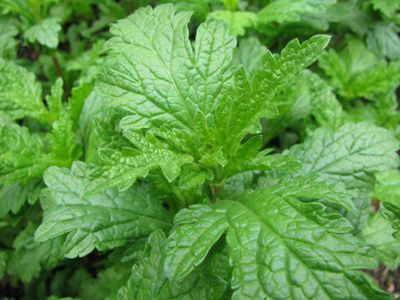Vervain Herbal Information
Vervain belongs to the genus Verbena – the friendly little annual found in many flowerbeds. While garden verbena is a sub-tropical plant, Vervain is native to southern Europe and most likely found its way to the New World with early settlers. Vervain is a spreading plant that displays stiff, erect stems and reaches mature heights of 12 to 36 inches (31-91 cm.). Narrow spikes of tiny, blue flowers appear from early summer until autumn. Vervain, which grows in USDA plant hardiness zones 4 through 8, doesn’t tolerate extreme cold or heat.
What are Vervain Herb Benefits?
Vervain leaves or roots are often brewed into tea or used as a poultice to treat a number of maladies, including the following:
Gum problems Menstrual cramps and other “female” problems Depression, anxiety, and mood swings Insomnia Respiratory problems, including colds, bronchitis, and sore throats Elimination of toxins Snake bites Headaches Kidney disorders Difficulties with lactation Wounds and inflammation Digestive disorders
Growing Vervain Herbs
Vervain herb plants grow well in full sun, but the plant tolerates partial shade. Well drained soil is a necessity. The best way to get started growing Vervain herbs is to plant seeds directly in the garden in late summer or early fall. You can also start seeds in spring following a two week stratification period. Water regularly until the seedlings are established, which generally takes about a month. Thereafter, Vervain is relatively drought-tolerant but benefits from occasional irrigation during hot, dry periods. You can also find Vervain plants ready for planting in spring. Look for the plant at garden centers that specialize in herbs. Alternatively, start Vervain by taking cuttings from established plants.
Common Vervain Varieties
Stiff vervain (V. rigida) Brazilian vervain (V. brasiliensia) Blue vervain (V. hastata) Common vervain (V. officinalis) Ross vervain (V. canadensis) Texas vervain (V. halei) Jamaica vervain (V. jamaicensis) Carolina vervain (V. carnea)
Disclaimer: The content of this article is for educational and gardening purposes only. Before using ANY herb or plant for medicinal purposes, please consult a physician or a medical herbalist for advice.
